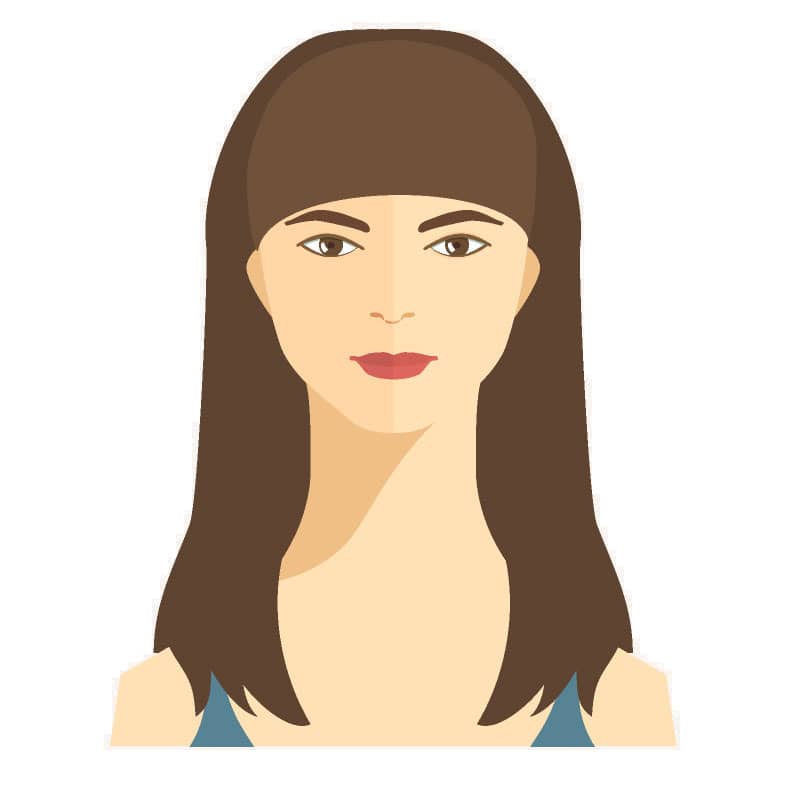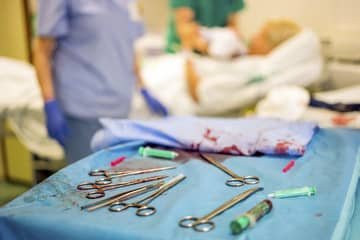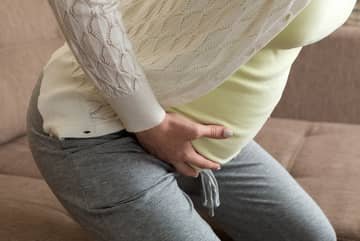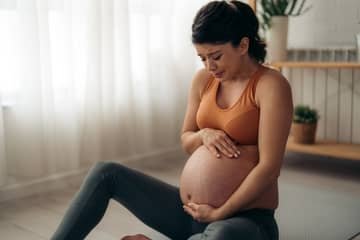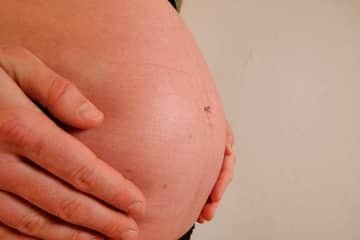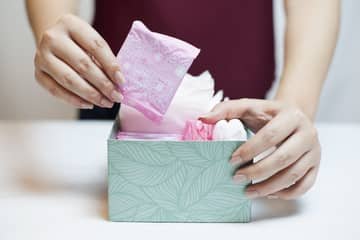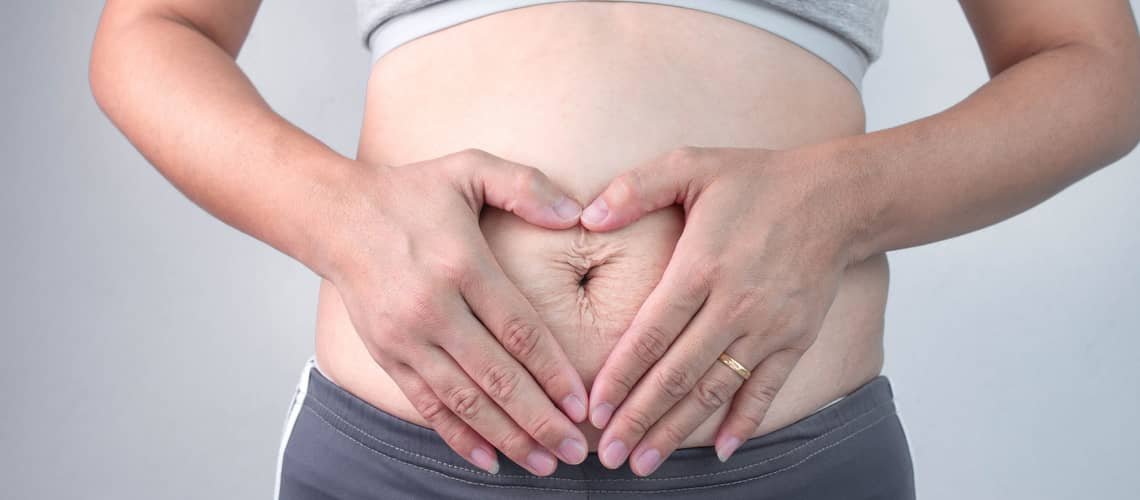
Stool after natural birth and after section. Glycerin suppositories will help
Just as the body undergoes changes during pregnancy, it also undergoes them after childbirth. One of the most common problems after childbirth are those with the intestines. Hemorrhoids, constipation, faecal incontinence or diarrhea – whether you had a natural birth or a caesarean section, going to the toilet can be stressful. In the case of a vaginal birth, there are concerns related to the sensitivity of the perineum, and in the case of a caesarean section, there are concerns that you will feel pain when pushing on the toilet or that it will affect the incision.
Yes, bowel movements after childbirth can be stressful, difficult and painful. Changes in stool after pregnancy occur due to contractions, problems with the pelvic floor and changes in hormones. However, emptying should be regular and more or less problem-free shortly after birth.
Postpartum bowel problems are normal
Problems with great need are so typical after childbirth that it would seem rather strange if they did not occur in a woman after childbirth. Typical is not only constipation and diarrhea after childbirth, but also hemorrhoids or fecal incontinence (damage to the nerves and muscles around the anus causes accidental leakage of stool or problems with gas control). Bowel movements after childbirth are affected by several things, including hormones and how much you eat and drink. Infections and viruses can also affect bowel movement, it can be a reaction to the antibiotics you received during childbirth. Intestinal problems are usually not chronic and will go away after a few weeks after giving birth as the body recovers from it.
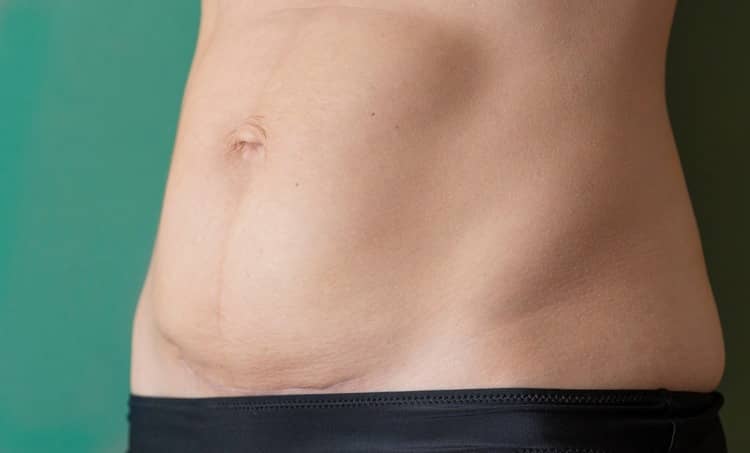
3 to 5 days after birth
Most often, women have a problem with constipation after giving birth, so the first emptying occurs 3 to 5 days after giving birth. Of course, just like the pregnancy itself, the course after childbirth is an individual matter for each mother. It is important to always take into account the frequency of bowel movements before childbirth. Some women have a bowel movement three times a day and consider it normal, some three times a week and consider it normal. That's why you need to focus on changes from what was normal specifically for you.
If you had a stool every day (maybe even several times a day) and did not have a bowel movement for 4-5 days after giving birth, it could be a problem. As in the case if you used to visit the toilet only a few times a week and suddenly you go to the big one several times a day.
It's natural to feel anxious about having a bowel movement for the first time after giving birth, but you shouldn't stress about it. It is necessary to pay attention to the signals of the body and do it when you have the urge to go to the toilet. Do not delay visiting the toilet, because the longer you wait, the more difficult it will be for you to defecate.
Painful stool after childbirth - causes
Changes in your body, medical interventions and fear can greatly affect bowel movements after childbirth. The causes of these changes are various, the most common are:
- Weakened muscles and body changes: After childbirth, the uterus shrinks to its normal size, which can be manifested by contractions and spasms, causing looser and more frequent stools. Changes in the anus can also cause changes in the pelvic floor, the muscles of which are stretched during childbirth. Constipation or diarrhea can be caused by the stress hormone cortisol, constipation in turn by hemorrhoids, which often arise during childbirth, but also by the abdominal muscles responsible for emptying, which are weakened and weakened after childbirth.
- Pain medications: Postpartum narcotics after cesarean section, as well as nutritional supplements containing iron, can slow emptying and cause constipation.
- Milk production: Since milk production takes place after childbirth, which requires water from the body, there may be a shortage of it in the intestines. This makes the stool harder and causes constipation.
- Nerves: After childbirth, the first urination can be a very unpleasant experience, especially in the case of a vaginal birth. Then what about emptying and related questions? Will it hurt? Will I break my stitches?
Mothers often suffer from fatigue and stress after giving birth, they don't have time to eat properly, they neglect their drinking regime and they don't go to the toilet when they should, because the baby is just crying or breastfeeding. This can also have an adverse effect on voiding.
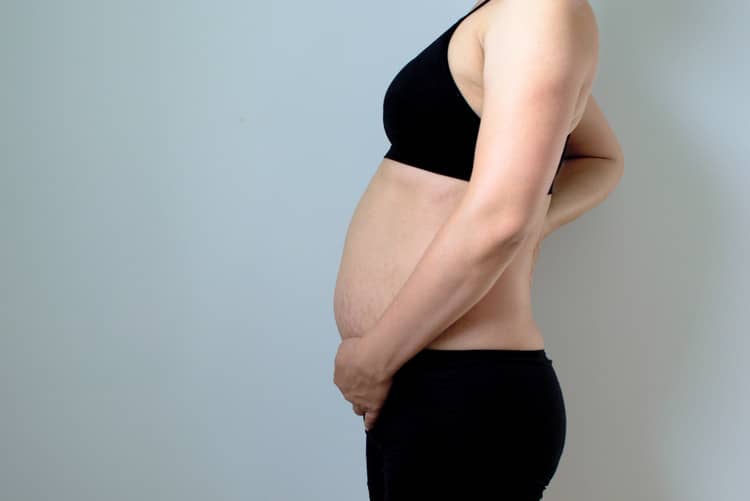
Stool after childbirth
There is only a minimal chance that, with stronger pressure, the stitches could be damaged after cutting the perineum or after a complicated birth, so there is no need to stress. However, if you are concerned, press down on the perineum or suture area with toilet paper while voiding. By this blocking, the pressure during pushing is transferred to the right place, i.e. to the anus. This should make emptying easier and less painful.
Chair by section
When having a stool after a caesarean section, moms are often concerned about pain during defecation. That is why they often retain stool and avoid going to the toilet. In this case too, the result is constipation. From the experience of mothers, it is clear that stool does not need to be retained. If there is no pressure during defecation, there should be no pain. Of course, a person can rarely defecate without pushing at least a little, so the fear of pain is more or less justified. Therefore, most mothers use glycerine suppositories for stool after childbirth.
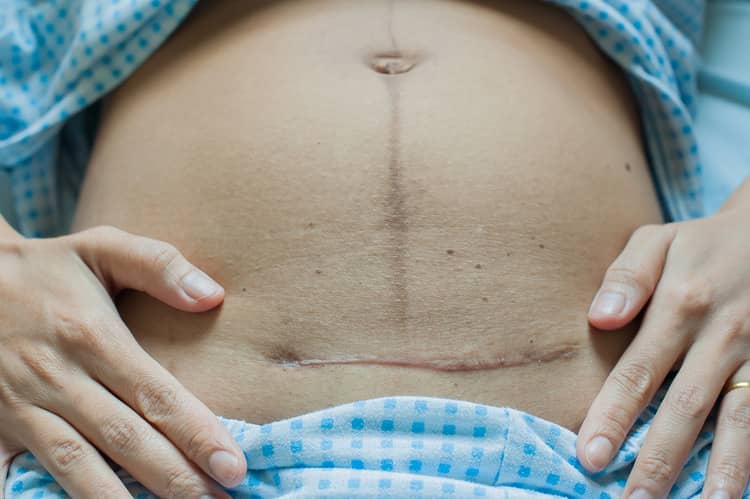
What helps stool after childbirth
It is very likely that the first bowel movements after giving birth will cause you less distress than you might expect. However, nothing should be left to chance and you should rather prevent stool problems, or not to summon them.
Try to control your fear and not be afraid. When defecating, it is recommended not to push intensely, as this increases the pain. If you need to push too hard, it may be a sign that your body is not ready yet and you should try to go to the toilet later. It is advisable to follow the drinking regime, but do not drink too much, because it can lead to diarrhea. Two to three liters of water a day is enough. You should keep yourself mentally well, but also comfortable. Especially in the case of hemorrhoids, sitz baths or compresses are a good way. It is very helpful for problems with the emptying of fiber. It softens the stool, making it easier to have a bowel movement. In the case of a natural birth, it is advisable to move. In case of persistent problems, the gynecologist can recommend a stool softener, a laxative or glycerin suppositories. It is normal to visit the toilet 5 times a day to 1 time in 5 days. If you go to the toilet more often or less often, you should see a doctor who will recommend an appropriate treatment.
Stool after childbirth - experience
Women after C-section and those who have experience with natural childbirth are afraid of the first stool, especially if it was cut and sewn. Regardless of the form of childbirth, the women in the discussions agree that everything must be done so that emptying occurs as soon as possible. They highly recommend glycerin suppositories for the stool after childbirth, which make the passage much easier. Don't forget enough fluids and fiber, you can also try plums, pears or psyllium.
The most frequent questions - FAQ
Postpartum bowel movements are a problem that many moms are embarrassed to talk about. It is a common thing that needs to be dealt with. It can apply to you after vaginal birth and after cesarean section. In the article, you will find all the essential information on this topic, which will make it clear to you why voiding problems occur, whether you should worry about them and how to solve them. We will be happy if you share your experiences and tips on how you coped with constipation or diarrhea after childbirth in the comments.
What causes constipation after childbirth?
What causes diarrhea after childbirth?
How quickly do glycerin suppositories work?
Pridať komentár
